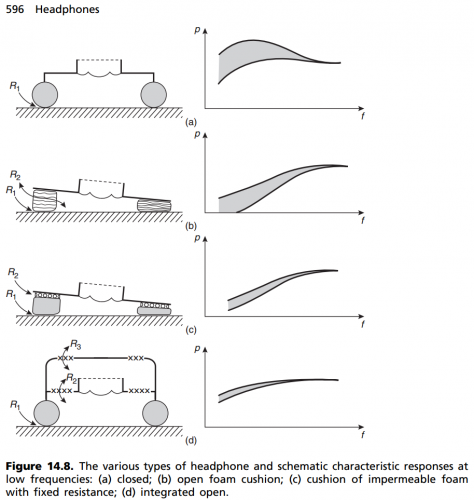sonitus mirus
Headphoneus Supremus
- Joined
- Mar 23, 2009
- Posts
- 1,861
- Likes
- 664
To my ears there's a slight difference in tonal balance between these streams, particularly noticeable with female vocals, which sound a tad darker on the lower bitrate stream. Subjectively, perceived resolution is indeed a little higher with the flac stream, but I'd think that's mostly due to more treble presence. I don't have a real-time spectrum analyzer to verify these impressions, but if you open both streams in VLC player and EQ down everything but the 16KHz band, the difference in treble presence becomes pretty obvious imo.

Tonal balance? Seriously? Ok. Has anyone verified that the sources are identical?















![20170926_002750[1].jpg](https://cdn.head-fi.org/a/10005832_thumb.jpg)





